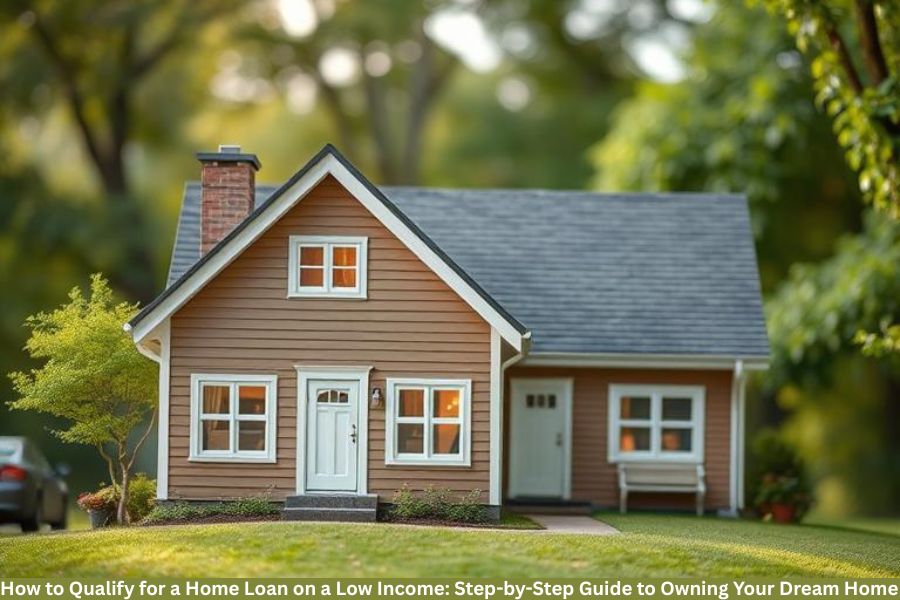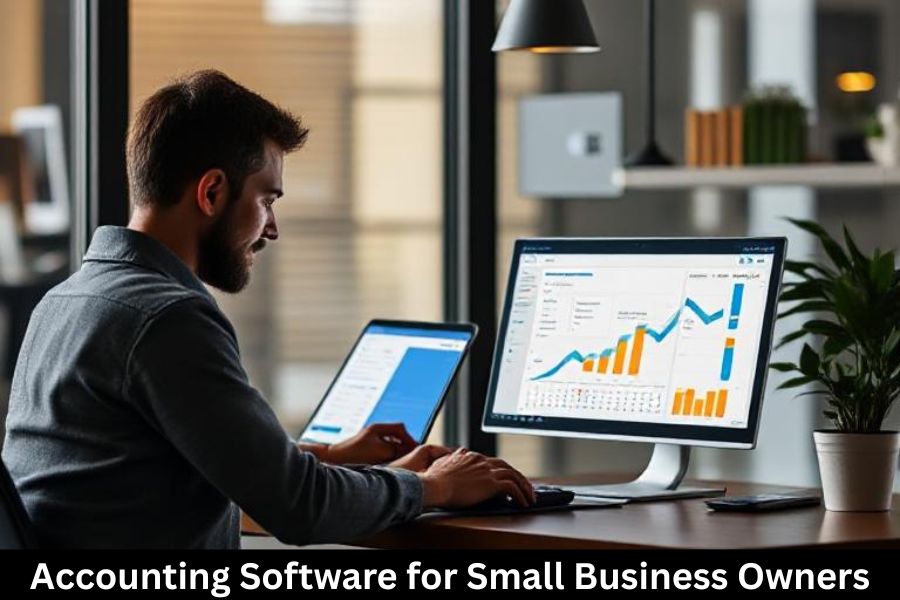The True Cost of Homeownership
Why the Purchase Price Is Just the Beginning
So, you’ve crunched the numbers, got your pre-approval, and saved up a down payment. Great start! But here’s the truth—buying a house comes with a long list of hidden expenses that many first-time buyers don’t see coming.
Budgeting Beyond the Down Payment
Think of your down payment as the ticket to enter the game. But once you’re in? There’s a lot more to pay for.
Closing Costs That Surprise Most Buyers
Loan Origination Fees
These are administrative fees charged by lenders to process your mortgage—usually around 0.5% to 1% of the loan amount.
Title Insurance and Transfer Taxes
These protect your ownership rights and vary by state. Expect several hundred to a couple thousand dollars here.
Appraisal and Inspection Costs
Before the lender hands over money, they want to know your home’s worth and condition. Inspections and appraisals can cost between $300 to $700+.
Property Taxes
Varies by Location and Home Value
Some areas have sky-high property taxes. Make sure you understand your local rate and how it’s calculated.
Why Escrow Isn’t Always Exact
Lenders estimate taxes, but if rates go up, your escrow might fall short—leaving you with a surprise bill.
Homeowners Insurance
Required by Lenders, but Easy to Underestimate
Most mortgage companies require it, and it can run $800–$2,000 annually depending on location and coverage.
Flood, Earthquake, or Supplemental Coverage
Standard policies often exclude these. If you’re in a high-risk zone, brace yourself for extra premiums.
Private Mortgage Insurance (PMI)
When You Put Down Less Than 20%
PMI protects the lender if you default—not you. It can cost 0.3% to 1.5% of the loan annually.
Monthly Cost and When It Can Be Removed
Typically, PMI is baked into your monthly payment and removed once you hit 20% equity.
HOA Fees (Homeowners Association)
What They Cover (and Don’t)
HOA fees can cover landscaping, shared amenities, or exterior maintenance—but not always repairs or upgrades inside your unit.
Special Assessments That Catch You Off Guard
If your community votes to upgrade the pool or repave streets, guess what? You’re footing part of that bill.
Maintenance and Repairs
Rule of Thumb: 1% of Home Value Annually
If your home’s worth $300K, expect to spend about $3,000 a year on upkeep.
Major Repairs: Roofs, HVAC, Plumbing
Eventually, big-ticket items fail. And when they do, it’s on you—not a landlord—to replace them.
Utilities and Services
Higher Costs Compared to Renting
Heating, cooling, and water bills often increase in larger or older homes.
Garbage, Sewer, Internet, and Lawn Care
These can easily add up to hundreds a month, especially if you’re used to utilities being included in rent.
Moving Costs
Hiring Movers vs DIY
Professional movers can cost $1,000–$5,000+. Even DIY truck rentals come with fuel, time, and pizza for your friends.
Setting Up New Services
Hooking up internet, installing security, or paying utility deposits all add to your moving tab.
Renovation and Customization Expenses
Cosmetic Changes Add Up Fast
Paint, flooring, light fixtures, and hardware upgrades seem small—until you do the math.
Permits, Materials, and Labor Costs
If you’re planning anything beyond DIY, add another layer of cost—and paperwork.
Furniture and Appliances
Filling Extra Space in a New Home
That extra bedroom or finished basement? It needs furniture. Cha-ching.
Replacing or Upgrading Old Equipment
You may need to buy a washer, dryer, fridge, or stove—sometimes right after moving in.
Legal and Administrative Costs
Attorney Fees in Some States
Some states require you to hire a real estate attorney, which could run $500–$1,500.
Recording and Notary Charges
Filing documents with the county or city usually costs a few hundred bucks.
Long-Term Hidden Costs
Property Value Depreciation
Yes, homes usually appreciate—but not always. Market dips can reduce your equity.
Interest Over the Life of a Loan
A $300K mortgage at 6% interest over 30 years could cost you $350K+ in interest alone!
How to Budget for the Hidden Costs
Emergency Fund for Homeowners
Before you close, aim to have at least 3–6 months of living expenses set aside—just in case.
Create a Post-Purchase Budget
Factor in not just your mortgage, but taxes, insurance, utilities, and maintenance. If the numbers feel tight, reconsider your price range.
Final Thoughts
Buying a home is a huge milestone—and an exciting one. But it’s also full of sneaky costs that can add up fast if you’re not prepared. Don’t let these hidden expenses catch you off guard. Budget wisely, ask questions, and always read the fine print before you sign on the dotted line. That dream home should feel like a blessing, not a burden.
FAQs
1. What’s the biggest hidden cost when buying a home?
Closing costs and ongoing maintenance often surprise first-time buyers the most. Both can easily run into the thousands.
2. How can I estimate my total homeownership costs?
Add 1% of your home’s value annually for maintenance, calculate your property taxes, insurance, and utilities, then build a buffer on top.
3. Do I really need homeowners insurance if I’m not required to have it?
Yes! Even if it’s not lender-required, skipping insurance puts your home (and wallet) at major risk.
4. What are “special assessments” in an HOA?
They’re one-time fees levied by the HOA for large expenses not covered by regular dues, like roof replacements or road repairs.
5. Can I roll hidden costs into my mortgage?
Some costs, like points or certain fees, can be financed—but doing so increases your loan balance and interest over time.



